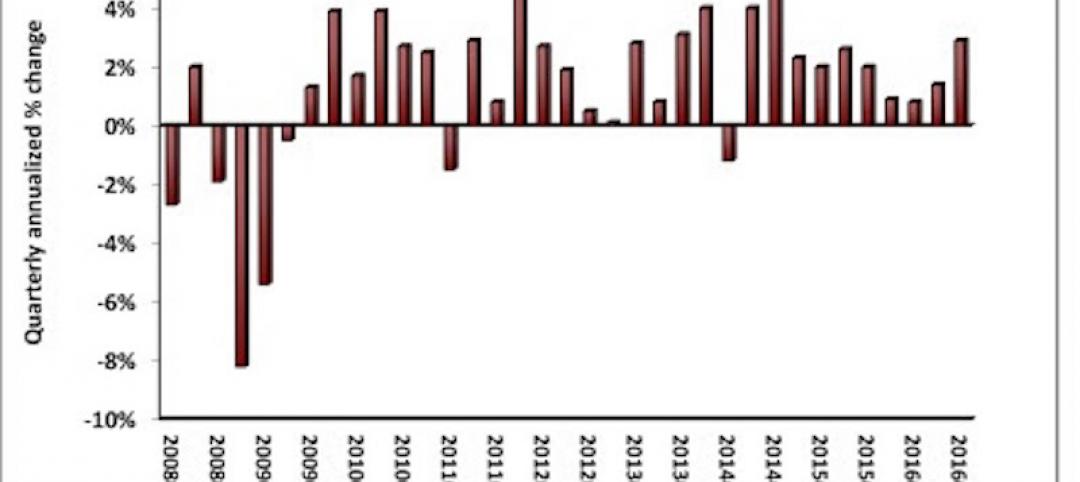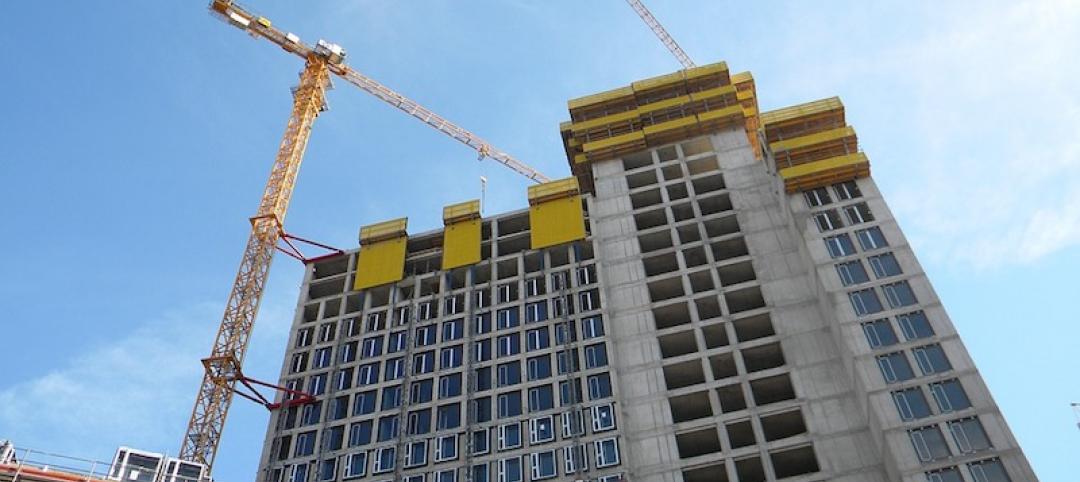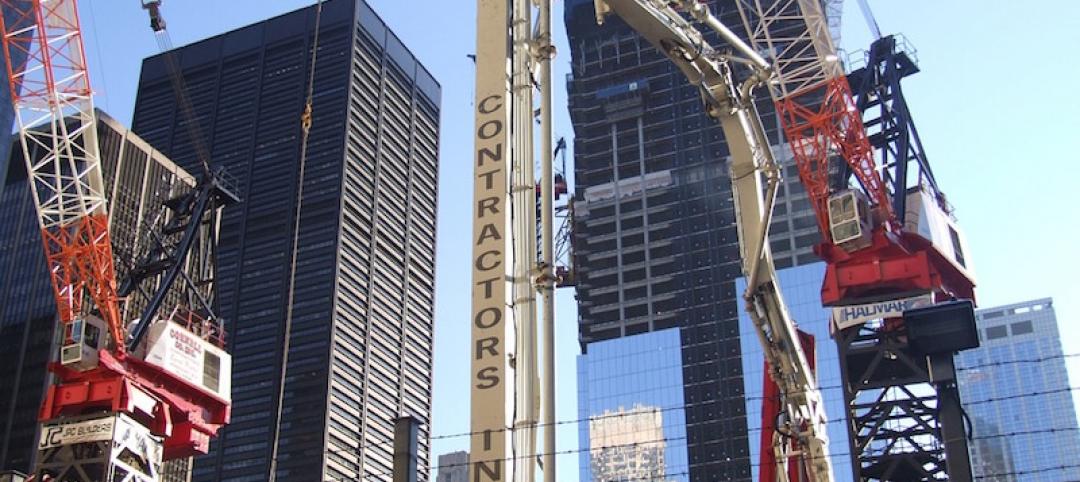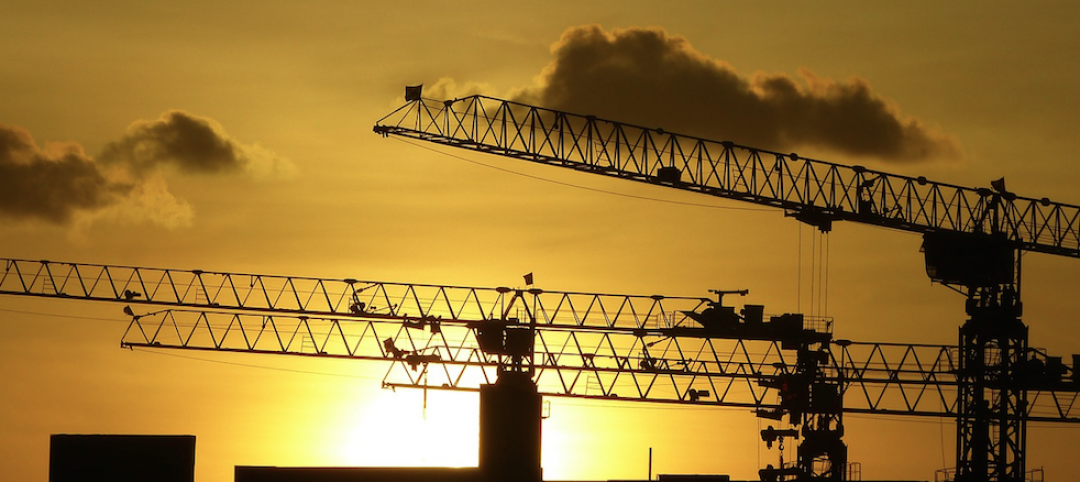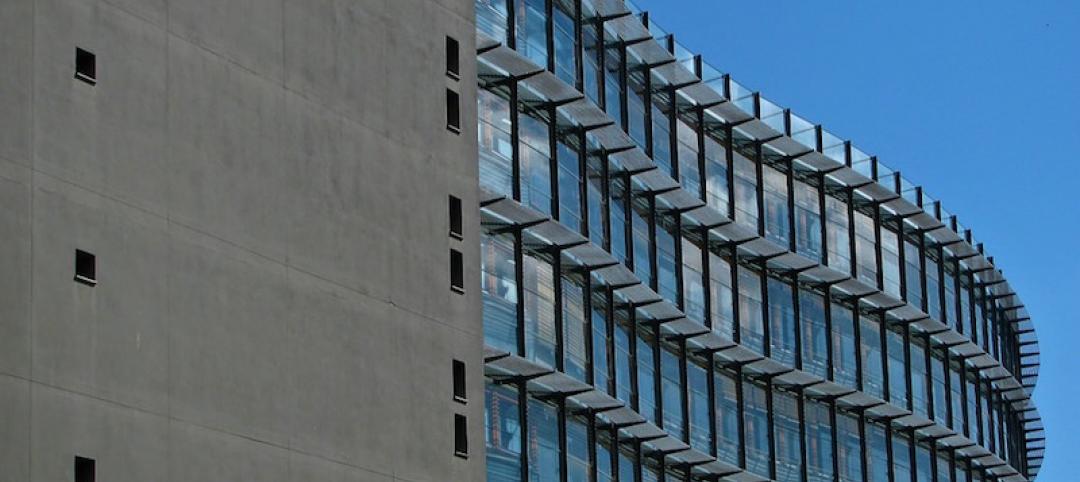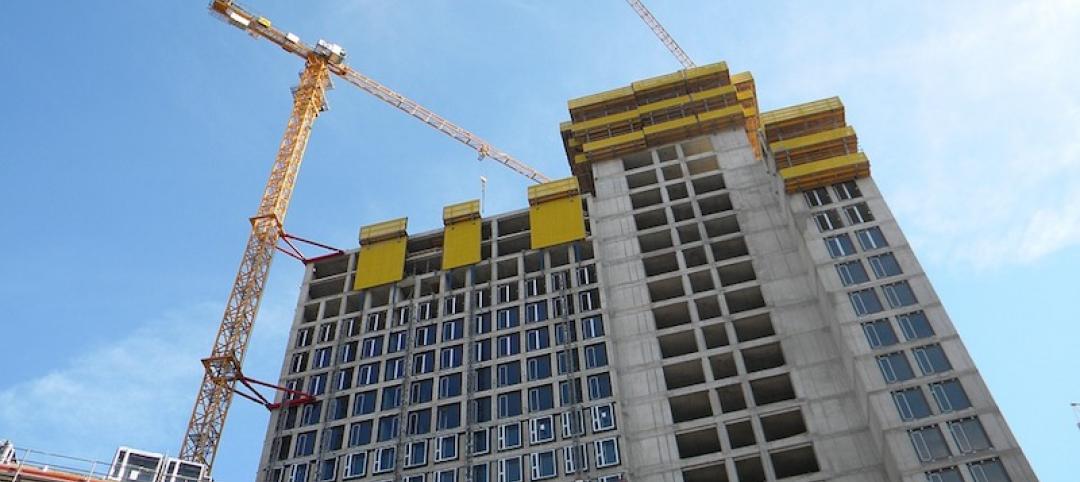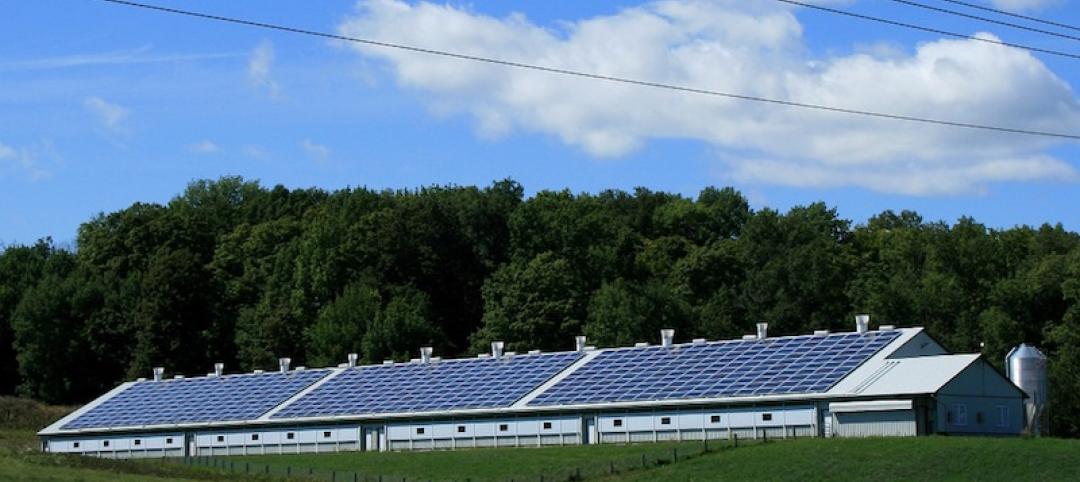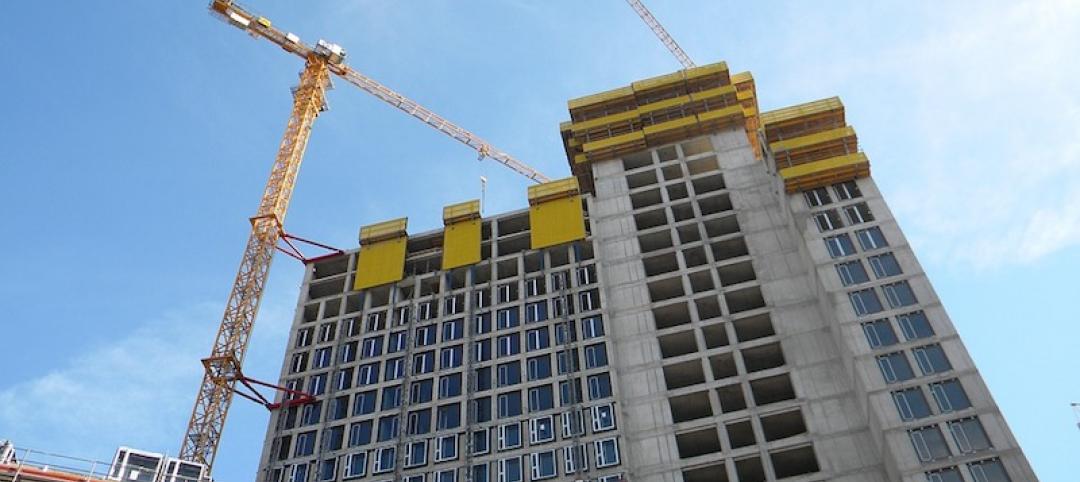Only 16 states and the District of Columbia have added construction jobs since just before the start of the pandemic in February 2020, according to a new analysis of federal employment data released today by the Associated General Contractors of America. Association officials noted that prospects for the sector’s recovery will be diminished should the House-passed Build Back Better bill become law.
“Although activity picked up in most states in October, construction employment remains below pre-pandemic levels in two out of three states,” said Ken Simonson, the association’s chief economist. “The record number of job openings shows contractors are eager to hire more workers but can’t find enough qualified applicants.”
From February 2020—the month before the pandemic caused projects to be halted or canceled—to last month, construction employment decreased in 33 states, stalled in Hawaii, and increased in only 16 states and D.C. Texas shed the most construction jobs over the period (-46,400 jobs or -5.9%), followed by New York (-42,800 jobs, -10.5%) and California (-21,300 jobs, -2.3%). The largest percentage losses were in Wyoming (-14.0%, -3,200 jobs), New York, and Vermont (-9.8%, -1,500 jobs),
Utah added the most construction jobs since February 2020 (8,200 jobs, 7.2%), followed by North Carolina (7,700 jobs, 3.3%), Washington (4,900 jobs, 2.2%), and Idaho (4,900 jobs, 8.9%). The largest percentage gains were in South Dakota (10.5%, 2,500 jobs), Idaho, and Utah.
From September to October construction employment decreased in 14 states, increased in 34 states and D.C., and was unchanged in Alabama and Virginia. South Carolina lost the most construction jobs over the month (-1,900 jobs, -1.7%), followed by Missouri (-1,500 jobs, -1.2%). The largest percentage decline was in New Hampshire (-2.2%, -600 jobs), followed by Vermont (-2.1%, -300 jobs).
Louisiana added the largest number and percentage of construction jobs between September and October (8,200 jobs, 7.1%). California was second in construction job gains (7,500 jobs, 0.8%), while West Virginia had the second-highest percentage increase (2.3%, 700 jobs).
Association officials cautioned that the Build Back Better measure, which passed in the House earlier today, will undermine the construction sector’s recovery. They noted that the measure’s tax and labor provisions will stifle investments in construction activity and make it even harder for firms to find qualified workers to hire. They urged Senators to reject the massive new spending bill.
“The last thing Washington should be doing is making it even harder for firms to find projects to build or workers to hire,” said Stephen E. Sandherr, the association’s chief executive officer. “Yet the hyper-partisan Build Back Better bill will hobble employers with new mandates even as it stifles private sector demand with new taxes and regulations.”
View state February 2020-October 2021 data and rankings, 1-month rankings.
Related Stories
Market Data | Oct 31, 2016
Nonresidential fixed investment expands again during solid third quarter
The acceleration in real GDP growth was driven by a combination of factors, including an upturn in exports, a smaller decrease in state and local government spending and an upturn in federal government spending, says ABC Chief Economist Anirban Basu.
Market Data | Oct 28, 2016
U.S. construction solid and stable in Q3 of 2016; Presidential election seen as influence on industry for 2017
Rider Levett Bucknall’s Third Quarter 2016 USA Construction Cost Report puts the complete spectrum of construction sectors and markets in perspective as it assesses the current state of the industry.
Industry Research | Oct 25, 2016
New HOK/CoreNet Global report explores impact of coworking on corporate real rstate
“Although coworking space makes up less than one percent of the world’s office space, it represents an important workforce trend and highlights the strong desire of today’s employees to have workplace choices, community and flexibility,” says Kay Sargent, Director of WorkPlace at HOK.
Market Data | Oct 24, 2016
New construction starts in 2017 to increase 5% to $713 billion
Dodge Outlook Report predicts moderate growth for most project types – single family housing, commercial and institutional building, and public works, while multifamily housing levels off and electric utilities/gas plants decline.
High-rise Construction | Oct 21, 2016
The world’s 100 tallest buildings: Which architects have designed the most?
Two firms stand well above the others when it comes to the number of tall buildings they have designed.
Market Data | Oct 19, 2016
Architecture Billings Index slips consecutive months for first time since 2012
“This recent backslide should act as a warning signal,” said AIA Chief Economist, Kermit Baker.
Market Data | Oct 11, 2016
Building design revenue topped $28 billion in 2015
Growing profitability at architecture firms has led to reinvestment and expansion
Market Data | Oct 4, 2016
Nonresidential spending slips in August
Public sector spending is declining faster than the private sector.
Industry Research | Oct 3, 2016
Structure Tone survey shows cost is still a major barrier to building green
Climate change, resilience and wellness are also growing concerns.
Industry Research | Sep 27, 2016
Sterling Risk Sentiment Index indicates risk exposure perception remains stable in construction industry
Nearly half (45%) of those polled say election year uncertainty has a negative effect on risk perception in the construction market.



